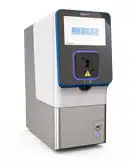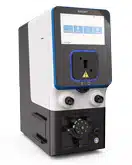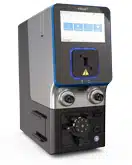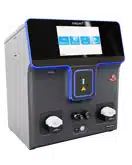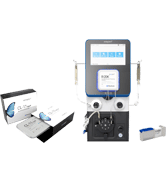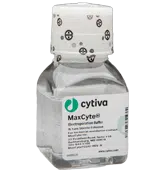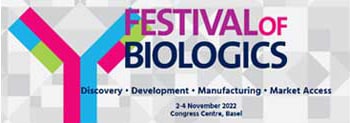
Festival of Biologics
Basel, Switzerland
November 2-4, 2022
Booth: 89
Join us at the upcoming Festival of Biologics in Basel, Switzerland, November 2-4, 2022. The Festival of Biologics is the meeting place for the life science community to bridge the gap between academia and industry, covering the start to finish of biologics from discovery, through development, to manufacturing, clinical trials, and commercialization.
Across antibodies, immunotherapy and biosimilars participants can share research, create new partnerships, and tackle the clinical trials, manufacturing and commercial challenges involved in bringing new therapies to market.
Presentation Information
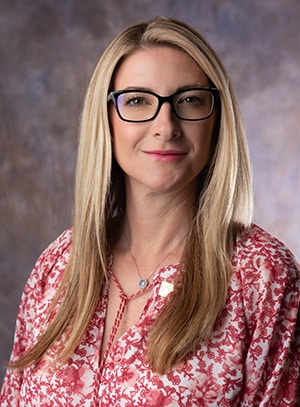
Speaker: Jessica McClure, Senior Director, North American Sales at MaxCyte
Presentation: Accelerating Biotherapeutic Development Using a Scalable, High-Performance transient transfection technology
Presentation date/time: November 2, 17:50 – 18:10
Abstract: Therapeutic protein manufacturing is at a crossroads. The recent pandemic highlighted the need for biomanufacturers to quickly and efficiently screen, develop, and launch therapeutic proteins at a lower cost. It became evident that the industry required a new approach for the scalable and rapid production of therapeutics like monoclonal antibodies (mAbs) since standard development and manufacturing approaches take months of tedious work. Transient gene expression in CHO cells is a promising alternative to generate the grams scale of protein needed in weeks instead of months or years necessary for traditional stable transfection and expansion of isolated clones.
While this technology has been successfully implemented at the discovery scale for a host of cell therapies, biomanufacturers require a larger-scale expression system to meet the increasing demand. MaxCyte’s ExPERT™ electroporation technology is a fully scalable solution that enables small-scale R&D through large-scale cell engineering. We support our partners engaged in drug discovery and development as well as biomanufacturing and cell therapy to overcome challenges and enable previously unfeasible cell engineering applications.
